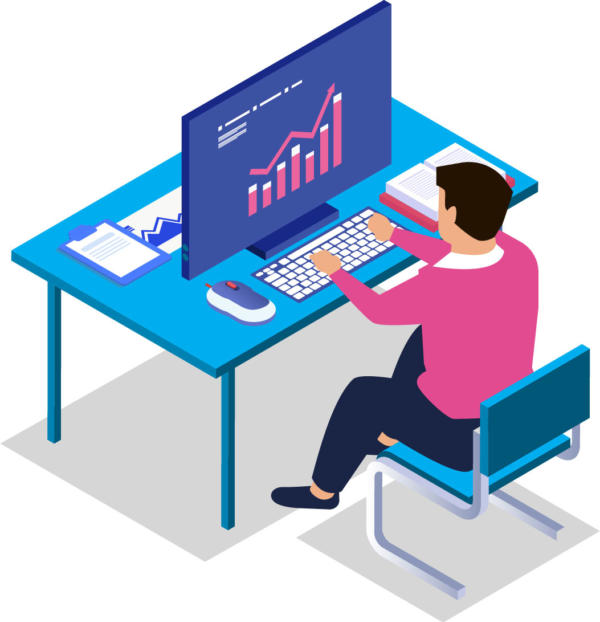Late Payments as a Self-Employed Professional

Being self-employed offers flexibility and autonomy, but it also comes with its fair share of challenges. One of the most prevalent issues faced by independent contractors is late payments. In the UK, the struggle of being self-employed and not receiving timely pay is all too common. However, with the right approach and resources, you can effectively tackle this issue and ensure that your hard work is duly rewarded.
Understanding the Challenge
Late payments can disrupt your cash flow and hinder your ability to meet financial obligations. According to research, approximately 50% of freelance workers in the UK experience delays or non-payment for their services. Whether you’re a graphic designer, consultant, or tradesperson, the frustration of not being paid on time can take a toll on your business and personal well-being.
If you find yourself in the unfortunate position of being self-employed and not receiving payment for your work, it’s essential to take proactive steps to resolve the situation. Here’s a comprehensive guide to help you navigate the process effectively:
- Establish Clear Payment Terms: Prevention is key when it comes to late payments. Before commencing work for a client, ensure that you have a clear understanding of the payment terms. Discuss when you will invoice them, the payment schedule, any upfront deposits required, and late payment penalties, if applicable. Document these terms in writing to avoid misunderstandings later on.
- Documentation is Key: Protect yourself by documenting the details of your agreement in a formal contract. A well-drafted contract should outline the scope of work, deliverables, payment amounts, deadlines, and any additional terms and conditions. Having a written agreement provides clarity and serves as a legal safeguard in case of payment disputes.
- Maintain Open Communication: Effective communication is crucial when addressing late payments. If a client misses a payment deadline, don’t hesitate to reach out to them promptly. Initiate a polite but firm conversation to remind them of their outstanding invoice.
- Escalate if Necessary: If your initial attempts to recover payment are unsuccessful, consider escalating the matter further. Send a formal letter or statement of outstanding costs to reiterate the urgency of the situation. Clearly outline the consequences of continued non-payment and provide a final deadline for resolution.
- Seek Professional Assistance: If all attempts to recover payment fail, it may be time to seek assistance from debt recovery experts. Companies like IL Recoveries specialise in professional debt recovery services tailored to the needs of self-employed professionals. Our experienced team employs a strategic approach to maximise the chances of successful recovery while minimising disruption to your business operations.
Late payments are an unfortunate reality of being self-employed, but they don’t have to derail your business success. By implementing proactive measures, maintaining open communication, and seeking professional assistance when needed, you can effectively navigate the challenges of late payments. Remember, you deserve to be paid for your services, and there are resources available to help you recover what you’re owed, so get in touch with us today at info@ilrecoveries.co.uk.
